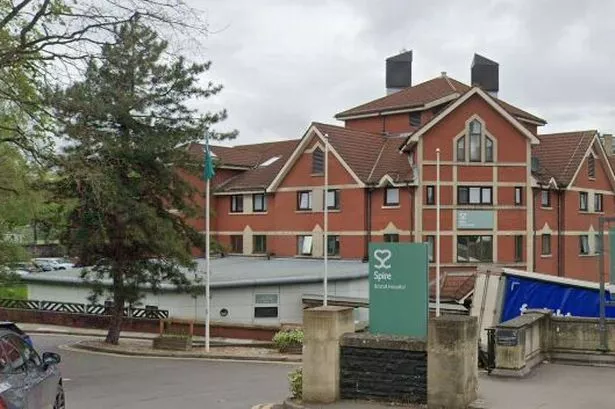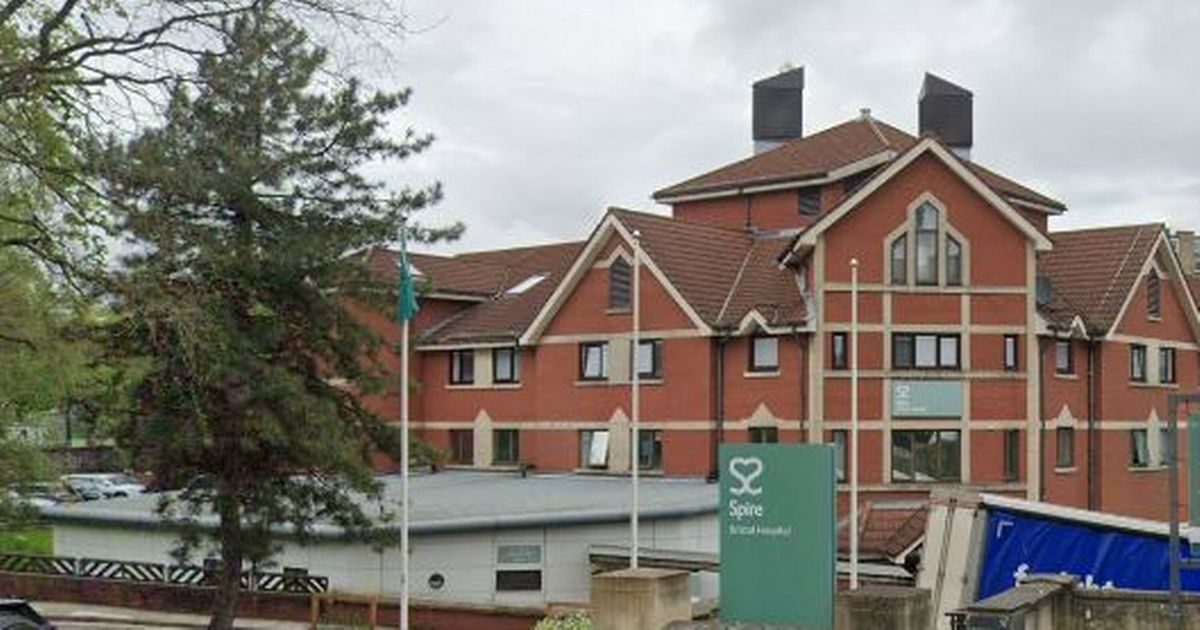Over 200 patients were given unnecessary bowel operations
Kim Pilling, PA and Molly Seaman
16:23, 07 Aug 2025Updated 17:14, 07 Aug 2025
 Spire Hospital, Bristol (Image: Google )
Spire Hospital, Bristol (Image: Google )
A doctor found by a hospital review to have harmed dozens of bowel surgery patients has been struck off for falsifying medical records.
In May 2022, North Bristol NHS Trust said more than 200 patients had been given unnecessary bowel operations by Anthony Dixon.
A review found dozens of people suffered harm after the consultant gave them pelvic floor surgery using artificial mesh, a technique he had pioneered.
Last July, he was suspended for six months after a medical tribunal ruled he failed to provide adequate clinical care to five patients between 2010 and 2016.
On Wednesday, he was erased from the medical register after the Medical Practitioners Tribunal Service (MPTS) considered a new case brought against the surgeon by the General Medical Council.
A MPTS tribunal found Mr Dixon “knowingly” created retrospective clinical notes for seven patients he treated at the city’s private Spire Hospital.
The notes were provided in 2020 as part of a review by Spire which was looking into whether he obtained consent for the procedures carried out.
But the tribunal concluded they were “concocted” after the patients’ care had ended and were misrepresented as contemporaneous.
Mr Dixon was also found to have submitted similar retrospective clinical notes to solicitors representing four patients in civil proceedings brought against him between 2018 and 2022.
Tribunal chair Samantha Gray said: “The Tribunal considered that the dishonesty demonstrated by Mr Dixon was premediated and sustained, with concocted documents being provided to two bodies on numerous occasions over a four-year period.
“It considered that there had been a serious breach of trust in the public’s confidence in doctors, as well as the confidence of clinicians in their fellow professionals.
“The Tribunal acknowledged that Mr Dixon did not obtain any financial gain from his dishonesty. However, it considered that he stood to gain personally by seeking to protect his professional reputation.
“In doing so, Mr Dixon placed his own interests above those of his patients, prioritising self-protection over his duty to uphold public trust in the profession and maintain proper professional standards and conduct.”
She added his “ongoing lack of insight” into his failings – from both cases – was “a significant aggravating factor, and one which weighs heavily in favour of erasure from the medical register”.
Lawyers for Mr Dixon, who denied misconduct, submitted that he had suffered a “very public fall from grace” and erasure was not necessary as he had been “punished enough”.
They added he had not practised since 2017 and had retired when he was suspended by his employer, with no intention to return to work.
